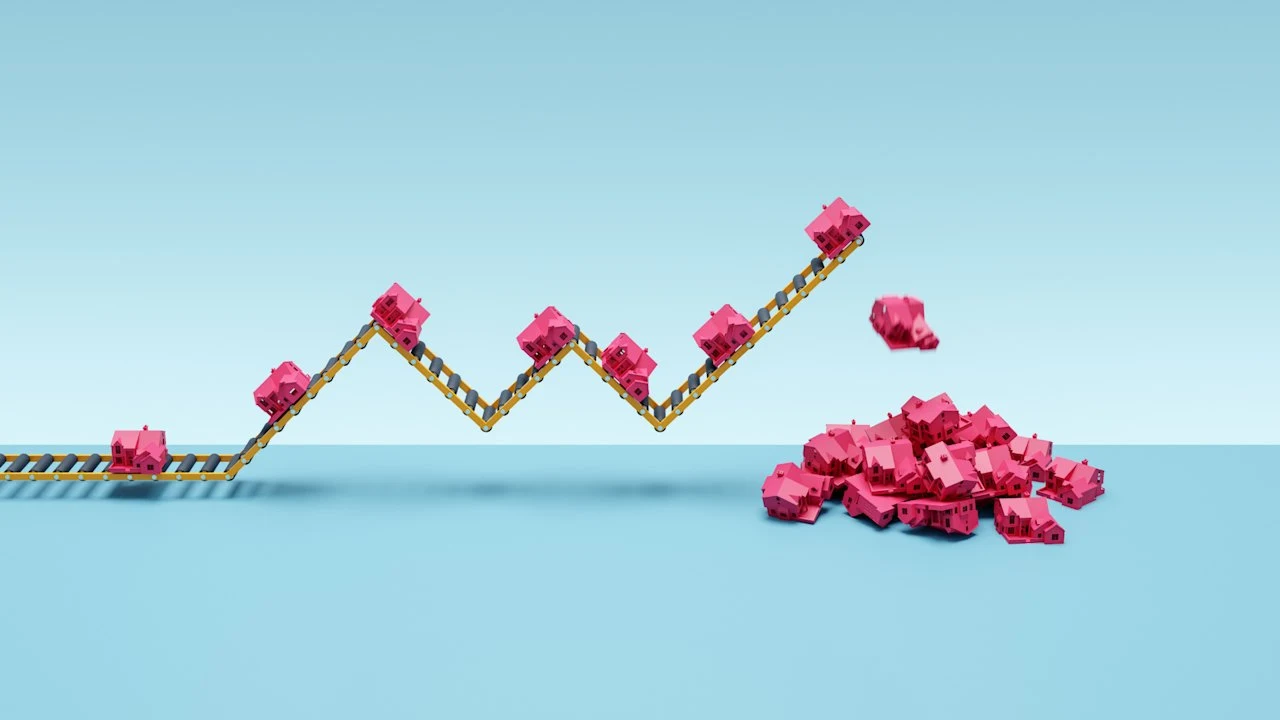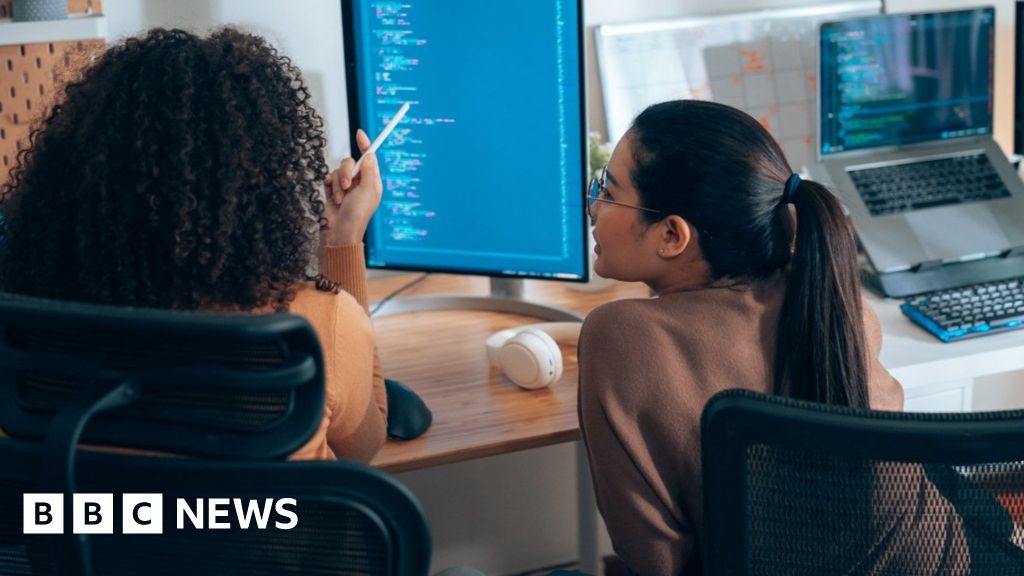The future of manufacturing depends on empowering workers

There is a very real anxiety around automation, especially in America—where once-thriving communities have been gutted by waves of displacement, offshoring, and the unchecked application of technology.
The narrative around manufacturing automation has long been framed as a zero-sum game: Either humans do the work, or machines do. But that binary thinking is outdated and dangerous. Not only does it threaten millions of livelihoods, but it jeopardizes innovation and efficiency.
It overlooks a more powerful and sustainable vision for manufacturing’s future, one where AI empowers people instead of replacing them. AI is key to a more resilient workforce and more competitive industries. And when people leverage manufacturing intelligence platforms, they can outperform full automation.
Manufacturing at the crossroads
America’s manufacturing sector is at a crossroad. On one hand, we face a growing shortage of skilled labor amid major sector growth. Companies are announcing new factories in the United States every month, but the National Association of Manufacturers projects that by 2030, more than two million manufacturing jobs could go unfilled due to a lack of qualified workers. On the other hand, we’re in the middle of an extraordinary wave of technological advancement—AI, augmented reality, robotics, and more.
By using AI to make expertise more accessible, repeatable, and scalable, we can build a more efficient and safer workforce—and actually fill our empty jobs. Today’s factory jobs are more art than science, where years of built-up knowledge are critical to getting things done the right way. They rely on software, sensors, and split-second subjective decisions. But the tools on the factory floor haven’t evolved past a checklist and a hope. We’re asking workers to operate with 20th-century instructions in a 21st-century environment.
Manufacturing intelligence platforms aid operators
Empowerment in a 21st-century environment starts with manufacturing intelligence platforms. It involves equipping operators with the context and support they need to thrive on the factory floor. A new hire should be able to perform a task with the confidence of a 10-year veteran. Seasoned workers should be free to focus on high-value tasks where their expertise has the greatest impact. And those on the frontline of work should have the tools and agency to shape the future of AI—imagining potent use cases no boardroom could conceive.
This vision is not just better for operators. It’s better for business. The most forward-thinking companies aren’t chasing full automation. They’re investing in tools that help their people work smarter, faster, and with more precision. They recognize that machines can’t replicate everything humans do. The real opportunity lies in upskilling and empowering people, not replacing them.
And this vision is better for national competitiveness. As stress on global supply chains intensifies, the United States faces a defining challenge: to rebuild and reimagine industrial strength. The future of American manufacturing depends on revolutionary efficiency and innovation for the people actually doing the work. Human adaptability is a competitive advantage, not a liability, and human intelligence enhances artificial intelligence just as much as the reverse. To deliver that efficiency where it matters most and truly expand domestic capacity, we need to harness the power of AI to accelerate human potential.
Make progress
There’s a broader economic and cultural truth here, too. Manufacturing isn’t just about making things. It’s about making progress. And progress requires us to unlock the full capabilities of our people.
America’s strength in the 20th century didn’t come from labor automation. It came from the transformation of it. From the GI Bill to labor protections to the rise of technical education, we invested in our people. And now, as we enter a new industrial era, we have a chance to do it again. This time with smarter tools, more connected systems, and a deeper understanding of what humans are best at: problem solving, adaptability, and creativity.
The new industrial revolution is about expanding human potential. Let’s empower and accelerate.
Devin Bhushan is founder and CEO of Squint.
What's Your Reaction?
 Like
0
Like
0
 Dislike
0
Dislike
0
 Love
0
Love
0
 Funny
0
Funny
0
 Angry
0
Angry
0
 Sad
0
Sad
0
 Wow
0
Wow
0


.jpeg?width=1200&auto=webp&trim=0,100,0,100#)



















































![Big Brother Recap: Rachel’s HOH Sends [Spoiler] Packing](https://tvline.com/wp-content/uploads/2025/08/big-brother-live-eviction-week-6.png?#)







































